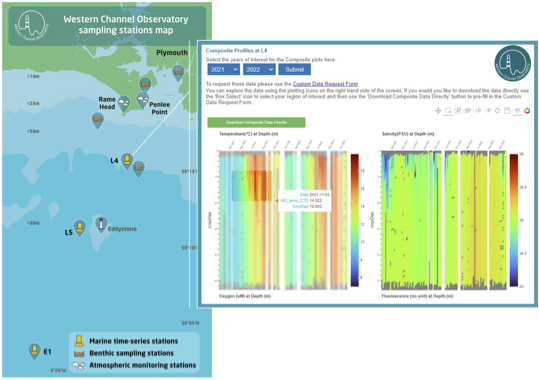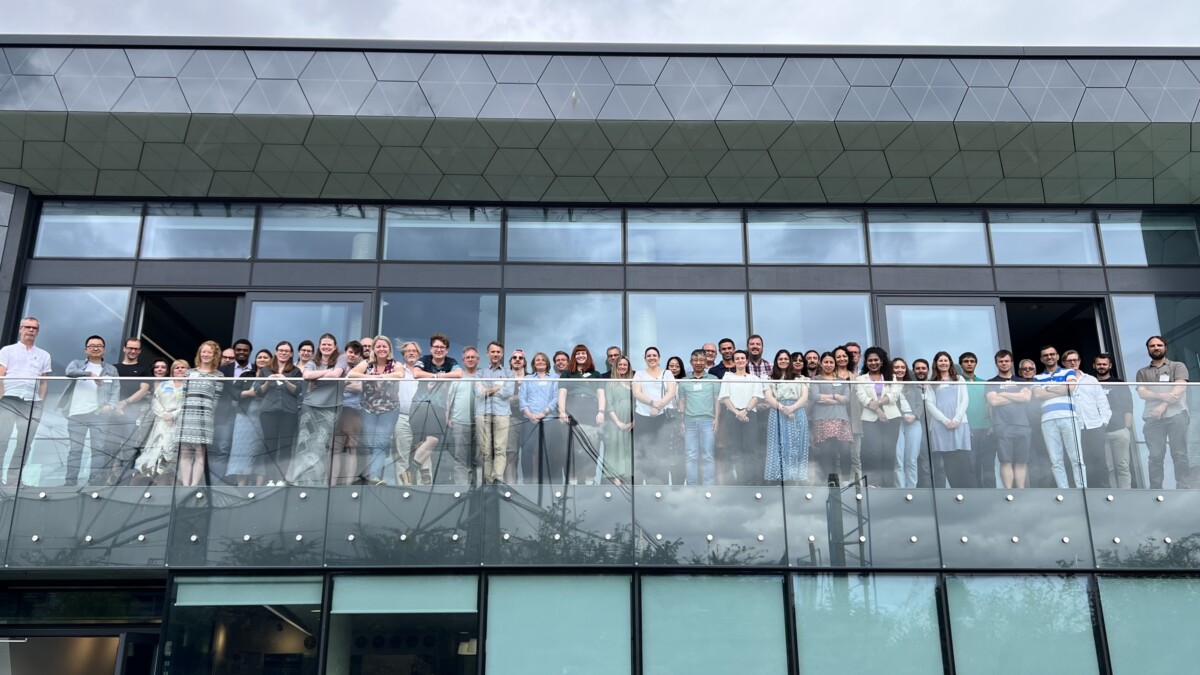Towards high resolution FAIR data in the Western Channel Observatory; Demonstrator interface now live!
The Western Channel Observatory (WCO) is an oceanographic time-series and marine biodiversity reference site that provides a valuable source of data to a wide range of UK research, policymaker, public and businesses communities. Recently emerging sensor and platform technologies have proven their abilities to increase both the spatial and time resolution of these data. While this additional […]


